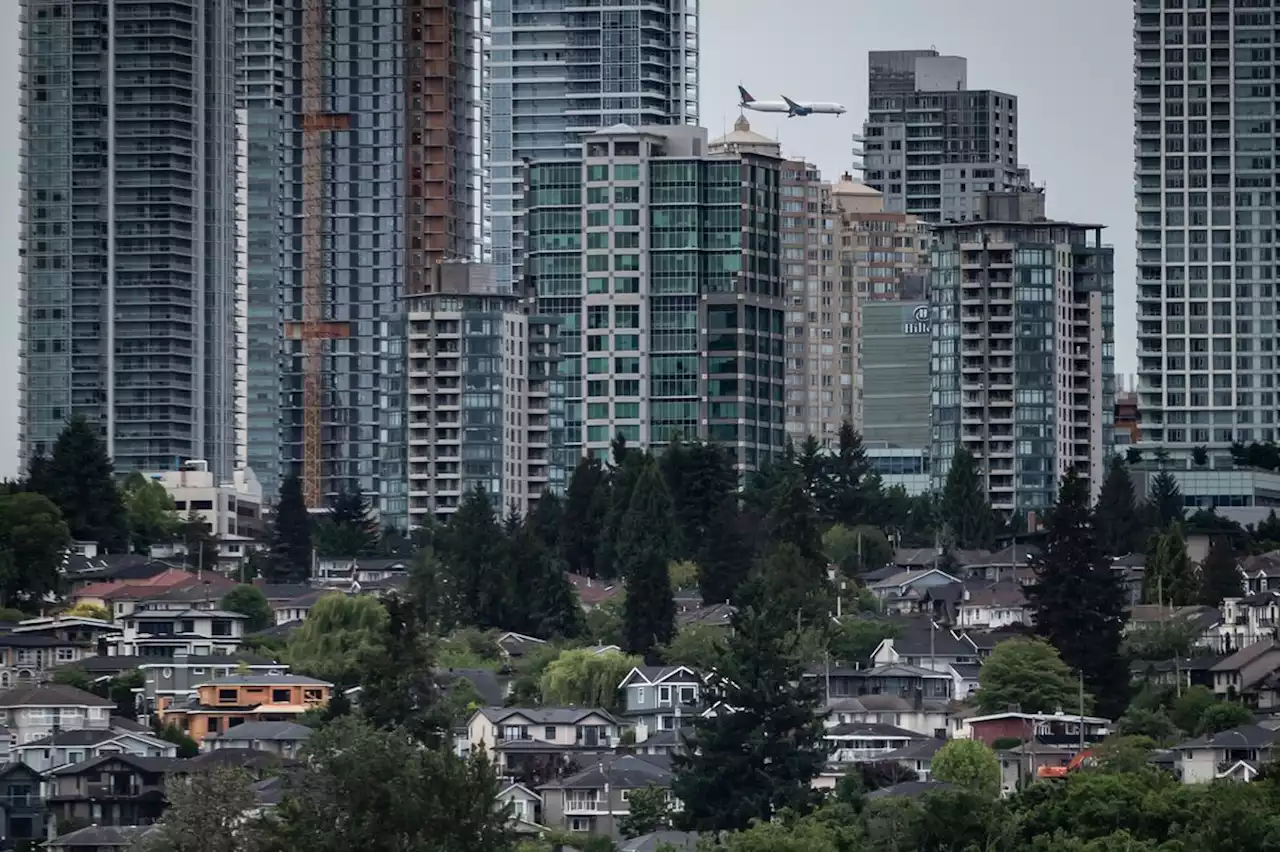Full compliance with B.C.’s Land Owner Transparency Registry, which was supposed to be in effect by November, 2021, has now been delayed a year, a result of heavy lobbying by B.C. lawyers
When politicians around the globe went looking for the property of oligarchs to potentially seize as worldwide condemnation kicked in over Russia’s invasion of Ukraine last month, British Columbia joined in.
“Given the sensitivity of information included in the filings, many property owners and clients have expressed serious concern with the preservation of their private, personal information once uploaded to the registry.” For example, he said ownership is defined differently in the forms required for the registry and those required for the 20-per-cent provincial property tax that foreign buyers pay. The two provincial systems also have a different bar for who has to be declared an owner.
“It was a very difficult law to write. We’ve brought in this very complicated system,” said Ron Usher, general counsel for the Society of Notaries Public of B.C.Most pieces of land in the province are owned straightforwardly by individuals whose names are listed in public records.
In B.C., sorting that out has become the main reason for the delay, a Finance Ministry representative said. But the incorporation documents at Fasken Martineau had three other companies named in the partnership, along with shares owned by various other entities, including a holding company based in Hong Kong, a numbered company in B.C. and another B.C. holding company, all with their own directors, most of whose identities weren’t included in the GM Resorts documents.
